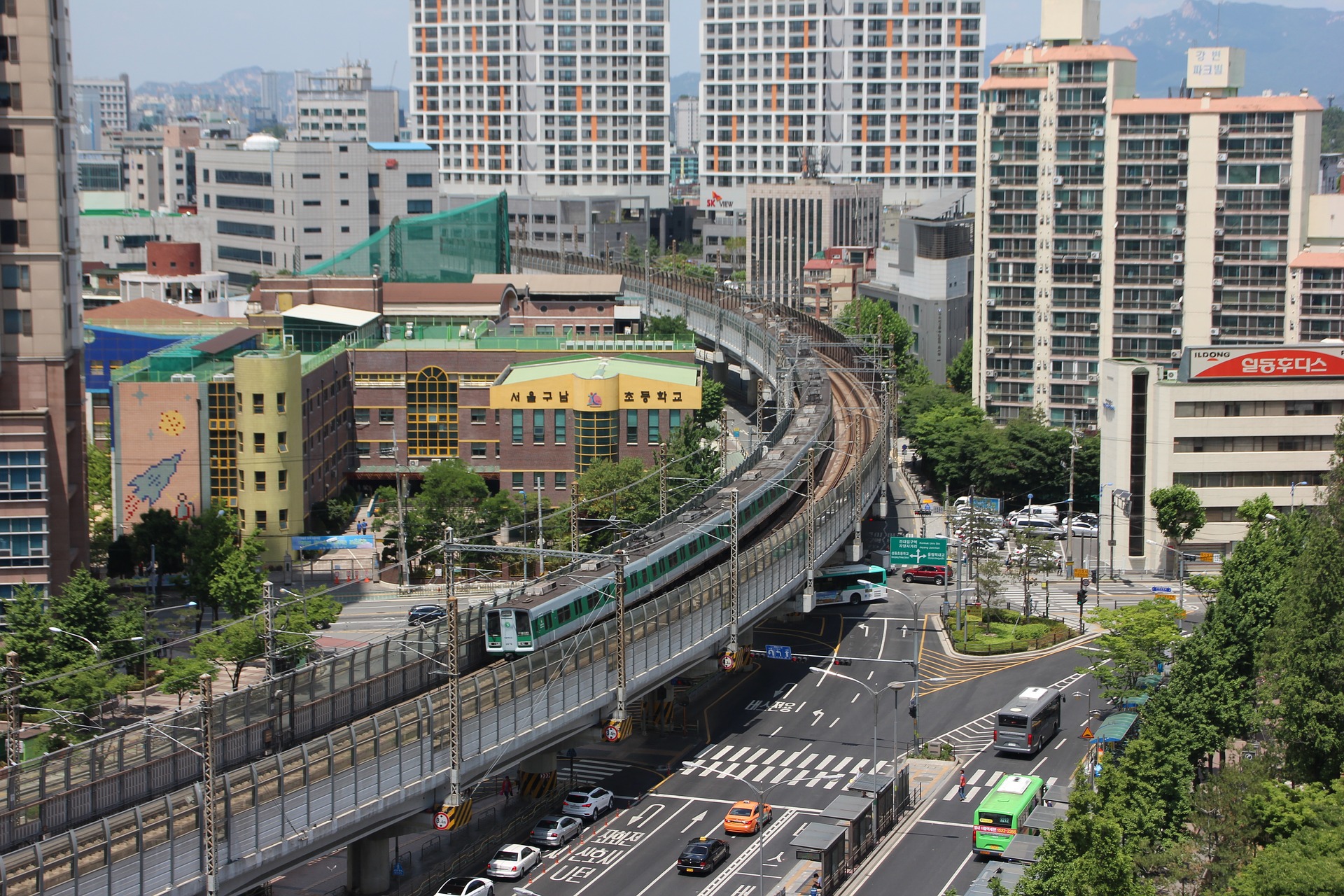840 results found
Featured results



More results
This paper, prepared as background material for the Lifelines report on infrastructure resilience, summarizes the main findings on the risk faced by transport networks and users as a result of natural disasters and climate change, and the main recommendations for building more resilient transport networks.

This study identifies potential competition issues to monitor and makes specific recommendations by country and topic.

This paper presents the state of infrastructure in developing Asian countries, in particular how the development of this infrastructure has correlated with past and current growth in Asia.

This paper provides a comprehensive overview of the issues, policies, and political economy of infrastructure investment, and a review of empirical literature of the relationship between growth and infrastructure within Asia.

This paper provides a review of the literature connecting housing, housing finance and the broader economy. It draws together work in these areas that are seldom part of the mainstream literature of economic development.

This paper argues that with the rapid urbanization in Southeast Asia, local government units (LGUs) in Southeast Asia are comparable to their counterparts in Canada and therefore should move to a comprehensive/beneficial asset management system.

This policy brief reviews two aspects of independent regulation: institutional efficacy, including primarily autonomy, capacity, and accountability; and the mode of regulation, or the regulator's functional scope. Recommendations are made in the policy brief relating to the entire regulatory process.

This paper focuses on how to improve services by laying out the rationale and steps for cities to achieve bus sector reforms, with case studies, examples and illustrations.

This paper reviews the literature on the impact of physical infrastructure on development and issues surrounding the analysis of the effects of infrastructure on development indicators such as poverty.

This report provides a comprehensive overview of digital transformation in Russia, including chapters on the general digital economy in Russia, the global best practice for enhancing digital platforms in Russa and boosting digital innovation.

This report analyses the barriers women face in the water workforce and provides a practical approach to advance gender diversity in the water sector.

This report responds to a request from the Royal Government of Cambodia for the World Bank to assess the current state of its Digital Economy and identify policies such as supporting the development of digital skills and completing regulatory framework.


Focused on the electricity system, BloombergNEF s (BNEF s) New Energy Outlook (NEO) combines the expertise of over 65 market and technology specialists in 12 countries to provide a unique view of how the market will evolve. Each year BNEF makes a number of changes to NEO as they strive to improve the completeness and complexity of their analysis. Click on the link to BNEF s website to see the 10 key findings.


The report describes eight nutrition-sensitive approaches for achieving greater impacts on early child nutrition. Results framework indicators are proposed to support monitoring and evaluation of nutrition-sensitive investments in water management and irrigation.

This framework for action was developed to support the inclusion of nutritional considerations in the design of water operations and to help formulate nutrition-enhancing water policy.

Increasingly, infrastructure leaders, investors and developers are recognising the need to not only increase the quantity of infrastructure investment globally to drive economic growth, but also the quality of infrastructure investment, to ensure that that growth and development is inclusive and sustainable.
We welcomed Long-term Infrastructure Investors Association’s (LTIIA) Executive Director, Francois Bergère to our office earlier this week.
This Primer provides an introduction to blockchain technology, outlines some of the potential benefits it can bring, and considers the risks and challenges it poses.

The OECD Recommendation on the Governance of Infrastructure provides practical guidance for efficient, transparent and responsive decision-making processes in infrastructure investment.






 Guidance - Governmental Processes Facilitating Infrastructure Project Preparation
Guidance - Governmental Processes Facilitating Infrastructure Project Preparation



